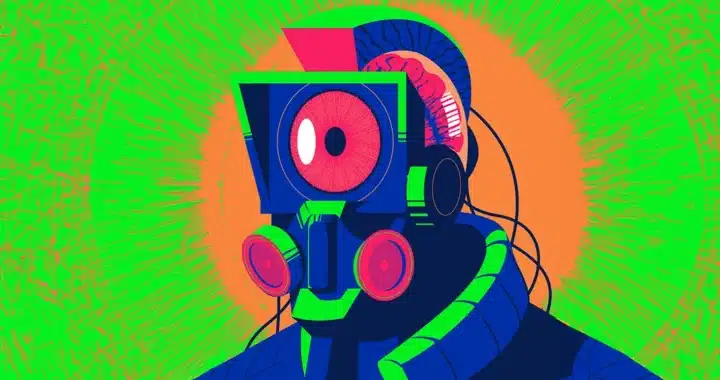
Joker’s Prophecy About American Neoliberalism
Joker provides a keen understanding of the deleterious effects of American neoliberalism, which the authors dismantle in Send in the Clowns with a mordant deadpan wit.

Joker provides a keen understanding of the deleterious effects of American neoliberalism, which the authors dismantle in Send in the Clowns with a mordant deadpan wit.

In our age of endless comparison, curated self-images and performativity, we willingly submit to the branding of our fickle identities.

Everything, it seems, is becoming a video podcast these days, but perhaps not everything was meant to be seen.

Gen X nostalgia for 1980s music like Starship’s “We Built This City” and Toto’s “Africa” is built on old forgotten words and ancient melodies – and faulty memory.

Besides billionaires—and without needing to beg or bribe—comedians and No Kings jesters may be the next highest demographic that is thriving during these Trump-led authoritarian times.

The mythical creature of ancient folklore relentlessly feeds on our creative works, and through generations, we willingly succumb to the vampire made rock star.

Dandy diarist extraordinaire Dickon Edwards talks about how his diary writing is a queer, articulate, and pointed retort to the pressures of conformity.

The Shining endures because it conveys all horror, real and imagined: Stephen King’s horror of the collapse of Man, and Stanley Kubrick’s collapse of History.

Fan obsession over celebrity spouses mirrors anxieties about our performative selves in the age of influencers.

Trump country music has right-wing country stars and fans dancing to the beat of the authoritarian in their hard-heeled country boots… for now.

When it comes to music criticism, which version is real? The serious opus or the TikTok goofy snippet?

Greil Marcus talks with PopMatters about the art of listening not for what you want to hear, but for what is so richly there in others’ stories.